
Commentaries | Jan 18,2020
The federal government is to scale up a groundwater irrigation project initiated five years ago, with agricultural officials hoping to incorporate 1.5 million smallholder farmers into the scheme.
The Agricultural Transformation Institute, formerly an agency, launched the project with a trial involving 170 small-scale farmers in 14 weredas across four regional states. It has since expanded to include close to 1,000 farmers in 70 weredas. The project was developed to offer a viable alternative to millions of small-scale farmers who are dependent on seasonal but erratic rainfall to cultivate various agricultural products, according to Getachew Zewdie, a hydrogeologist at the Institute.
“It also enables multiple annual harvests and allows diversification into high-value crops,” he told Fortune.
Berhanu Semebo, 52, a father of eight, was introduced to the shallow groundwater irrigation project three years ago. He cultivates maize, wheat and vegetables on two hectares of land in Angacha Wereda in the Kembata Tembaro Zone of the Southern Regional State. After receiving a solar-powered pump and water tank from a non-governmental organisation operating in the area, Berhanu dug a 13-meter well to access groundwater. He has been using the water for irrigation for three years to produce mostly vegetables, such as tomatoes, green peas, and carrots.
“I harvest vegetables three times a year now,” said Berhanu.
He sold produce worth 200,000 Br last year in addition to what he produced for household consumption.
The Ministry of Agriculture has thus far supplied farmers with 300 solar-powered water pumps while other development partners such as the Japan International Cooperation Agency (JICA) have also participated in the project. The Ministry and the Institute have mapped over 168,000sqkm of land across the country, according to Elias Awel, director of small-scale irrigation development at the Ministry.
Officials estimate the groundwater reserves in these areas can cultivate 2.2 million hectares of land and benefit 1.5 million small scale farmers. The impact will be quick and direct, according to Elias.
“It enables farmers to cultivate three times a year; their productivity and income will triple,” he said.
High dependency on rain is among the factors that hamper agricultural productivity in Ethiopia. The 18 million rural households farming 22.8 million hectares of land, with an average holding size of 0.84ht, produced 342 million quintals of grain crops last year. This is a 68pc increase compared to a decade ago though still insufficient to cover domestic demand with a deficit of 15 million tonnes. Less than one percent of the 3.5 million hectares of irrigable land has been cultivated.
The federal government has embarked on medium- and large-scale irrigation projects to boost productivity. Last year, it announced its desire to launch a dozen large-scale irrigation projects under public-private partnership agreements. A 2.5 billion Br irrigation project hoped to benefit 65,000 farmers in the Wolayita Zone of the Southern Regional State was recently kicked off. It is among five similar undertakings being carried out in the area.
This year, the federal government has budgeted 14.6 billion Br for irrigation, a significant increase from the eight billion Birr allocated last year.
Shemeles Araya (PhD), an agricultural economist who has been teaching at Hawassa University for 10 years, says cost and sustainability evaluations are essential when choosing agrarian technologies.
“Although surface water irrigation projects are feasible from the sustainability point of view, they are not promising for a developing country like Ethiopia when it comes to cost-effectiveness,” he said.
Elias from the Ministry of Agriculture agrees. According to him, groundwater irrigation is less expensive and allows for farmers to share part of the cost.
Berhanu covered the 30,000 Br cost of digging the 13-metre deep well on his land.
Shimeles observes the experience of countries such as India indicates that groundwater irrigation projects are promising investments with better financial returns. He said that irrigation could best produce vegetables and fruit in arid areas and during dry seasons.
Groundwater irrigation is one of the main components of India's green revolution, a significant turning point for its agriculture. Over 70pc of India's production comes from farms watered from irrigation.
PUBLISHED ON
Jan 15,2022 [ VOL
22 , NO
1133]

Commentaries | Jan 18,2020
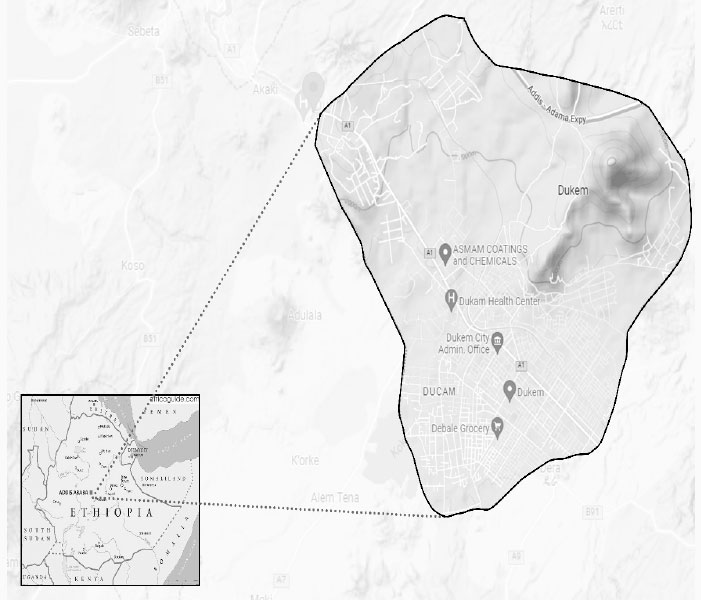
Fortune News | Oct 30,2022

Radar | May 31,2025

Fortune News | Feb 05,2022
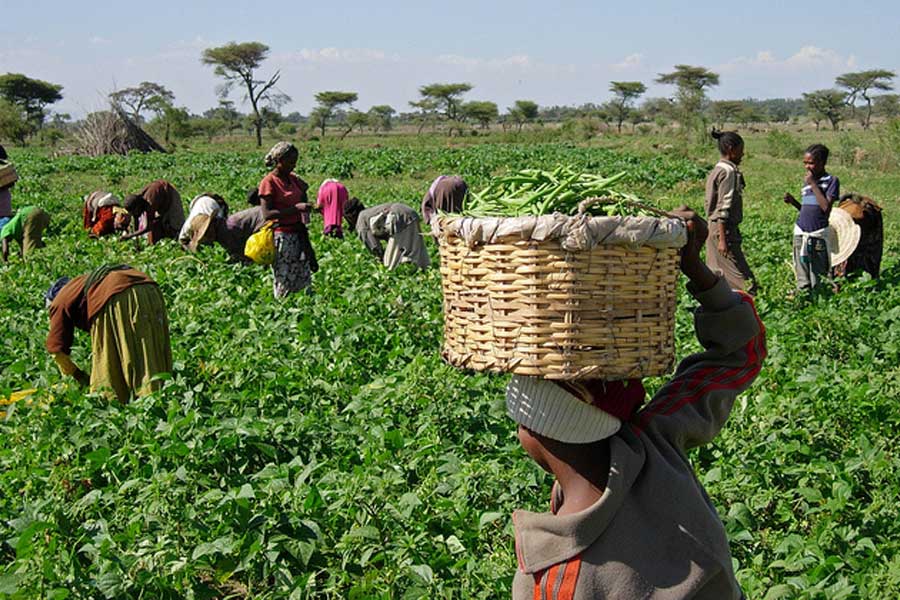
Fortune News | Mar 12,2022

Radar | Nov 20,2021
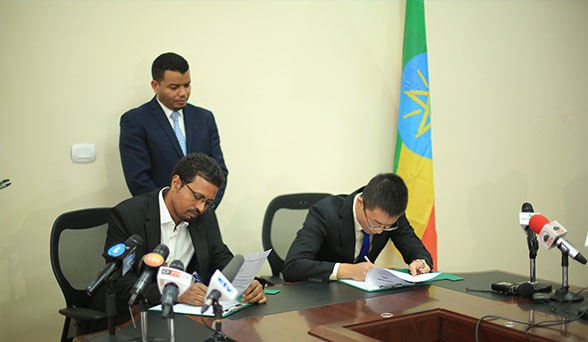
Fortune News | Apr 20,2019
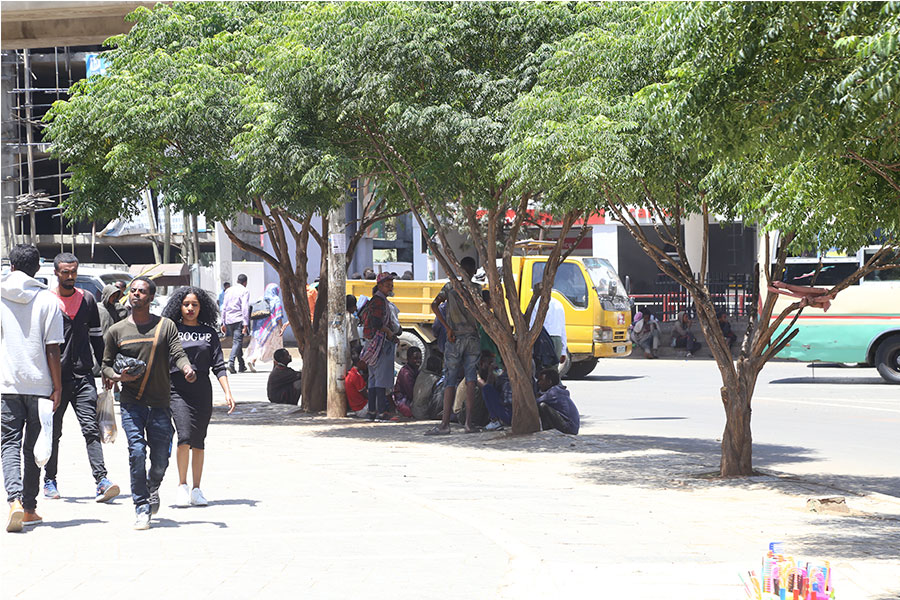
Agenda | Mar 23,2019
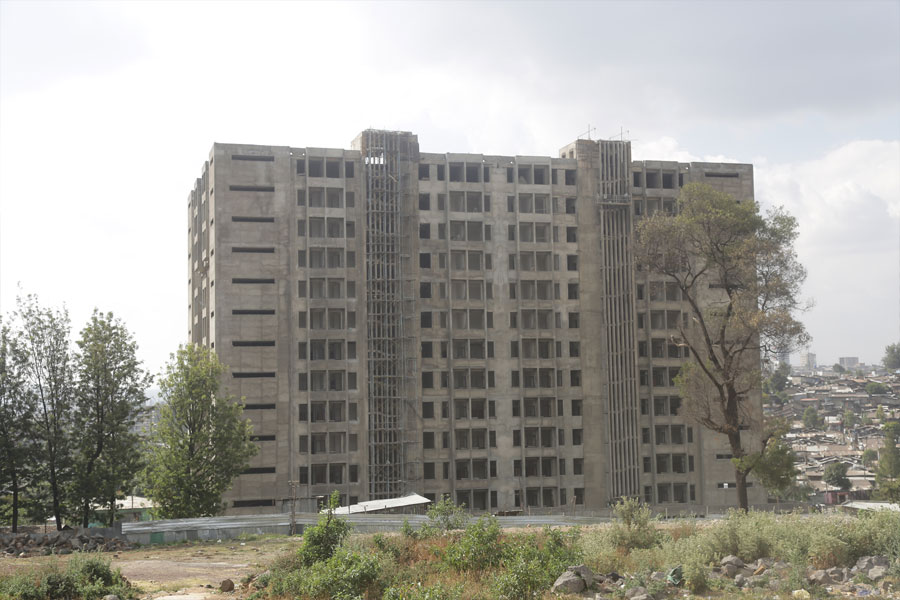
Fortune News | Dec 04,2022

Fortune News | May 04,2024

Dec 22 , 2024 . By TIZITA SHEWAFERAW
Charged with transforming colossal state-owned enterprises into modern and competitiv...

Aug 18 , 2024 . By AKSAH ITALO
Although predictable Yonas Zerihun's job in the ride-hailing service is not immune to...

Jul 28 , 2024 . By TIZITA SHEWAFERAW
Unhabitual, perhaps too many, Samuel Gebreyohannes, 38, used to occasionally enjoy a couple of beers at breakfast. However, he recently swit...

Jul 13 , 2024 . By AKSAH ITALO
Investors who rely on tractors, trucks, and field vehicles for commuting, transporting commodities, and f...

Oct 4 , 2025
Eyob Tekalegn (PhD) had been in the Governor's chair for only weeks when, on Septembe...

Sep 27 , 2025
Four years into an experiment with “shock therapy” in education, the national moo...

Sep 20 , 2025
Getachew Reda's return to the national stage was always going to stir attention. Once...

Sep 13 , 2025
At its launch in Nairobi two years ago, the Africa Climate Summit was billed as the f...